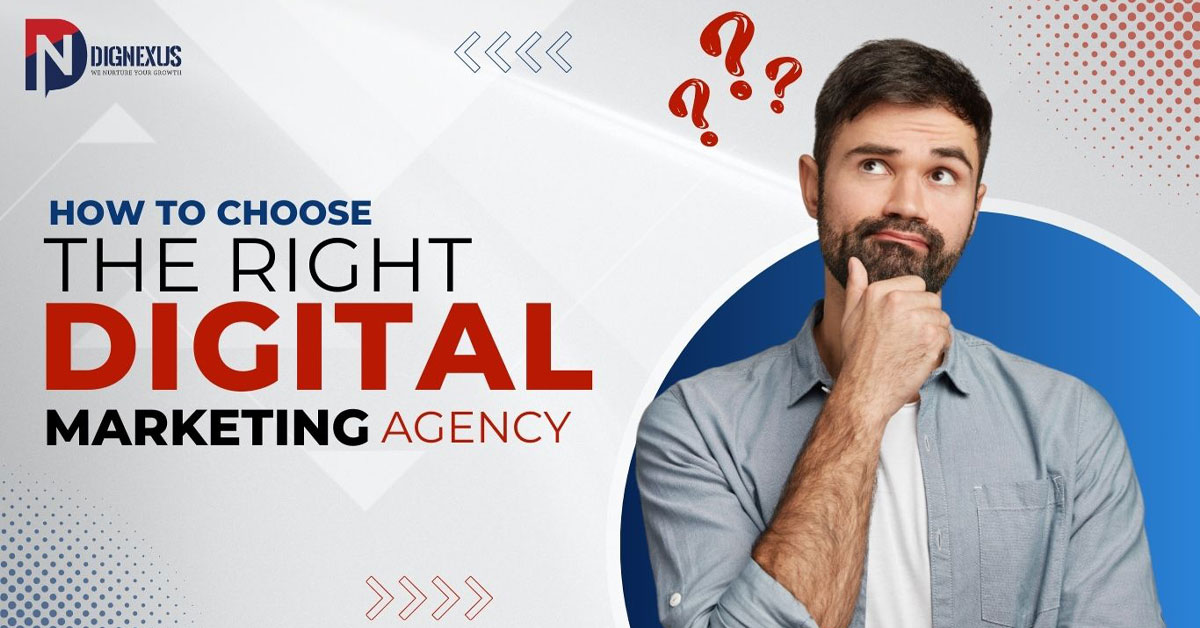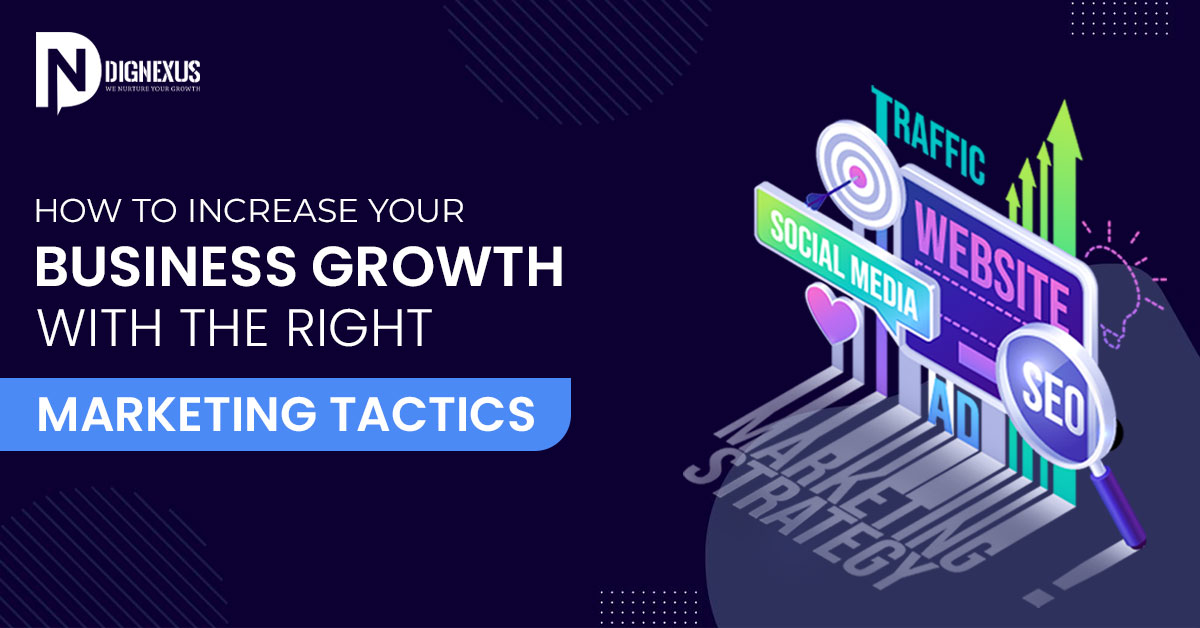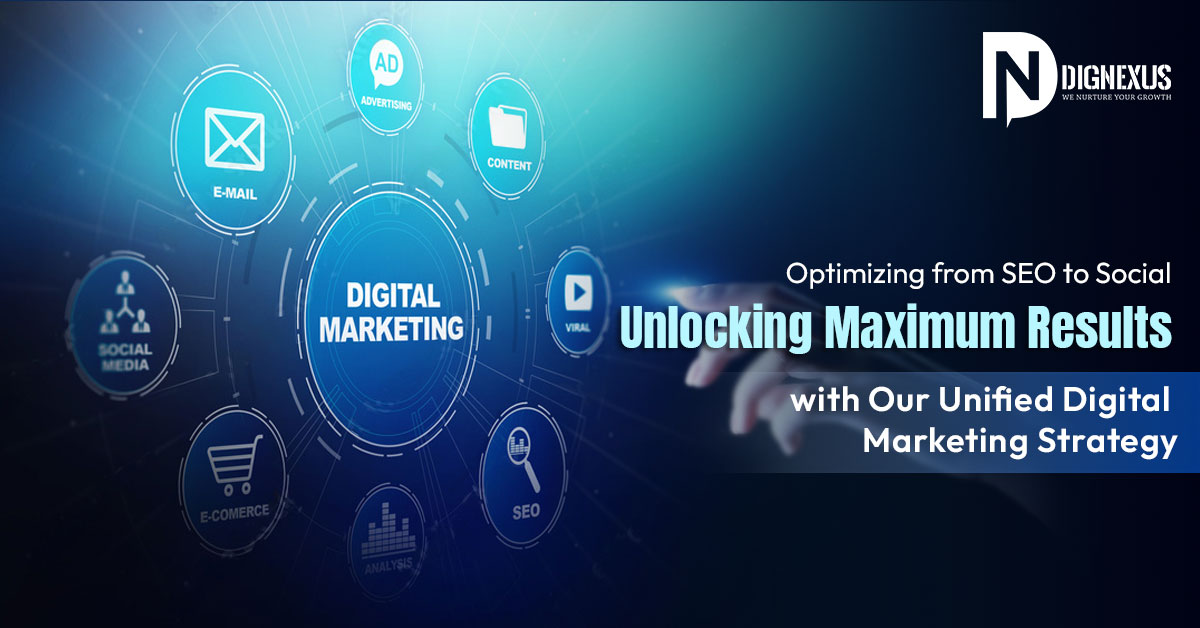
08
May
2024
Optimizing from SEO to Social: Unlocking Maximum Results with Our Unified Digital Marketing Strategy
How Should I Create an Effective Digital Marketing Strategy in 2024?
We are sure this question must have been bothering you from day one of this New Year. Yeah, since it is just the beginning of the new financial year, it is okay to consider 2024 as a New Year for the business owners.
How to create an Effective Digital Marketing strategy?
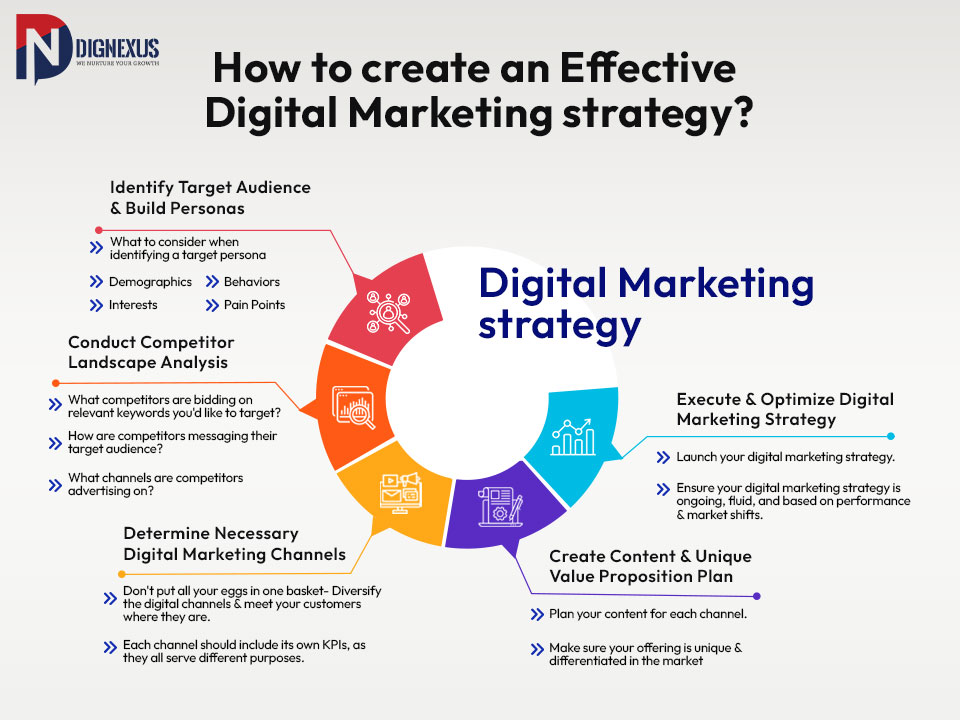
In this digital-centric era of marketing, your business is not going to survive if you do not think about an omnichannel marketing strategy. Be it small, mid-size, or enterprises, every business needs to go digital to reach potential customers and retain them. But before we delve deeply into it, let us address the basic yet ignored question first:
What is a Digital Marketing Strategy?
Now you must be thinking it is unnecessary to explain it since it is somewhat a given knowledge at this time. But most people and netizens have a vague idea about what digital marketing strategy is. A few believe just having a business page on different social media platforms is enough to gain their customer’s attention; a few just keep posting random things related to their business and consider it as being digital marketing. However, the truth is different.
You need a plan that goes with your business goal and aligns with your offline marketing as well.
Your business needs to be actively present in all the digital platforms your target audience is in. The digital strategy should not always push people to sell something, but add more value to their lives. Through this, you can gradually become the talk of the town and create a buzz. This buzz will create the necessary opportunity for your business.
You need to understand your audience first. Create a survey that includes the following questions:
- Which platforms does your audience usually use?
- When they are mostly active?
- What is their age group?
- Do they relate to your brand promotion so far?
- If not, then what are the new weapons you can add to your arsenal?
The digital marketing strategy’s main goals should be to support overall business goals and guarantee the seamless execution of digital and other marketing initiatives. It should be focused on customer acquisition and retention, or any other business goals you have in mind.
Now let’s dissect the whole Digital Marketing Scenario
The Different Segments of Digital Marketing
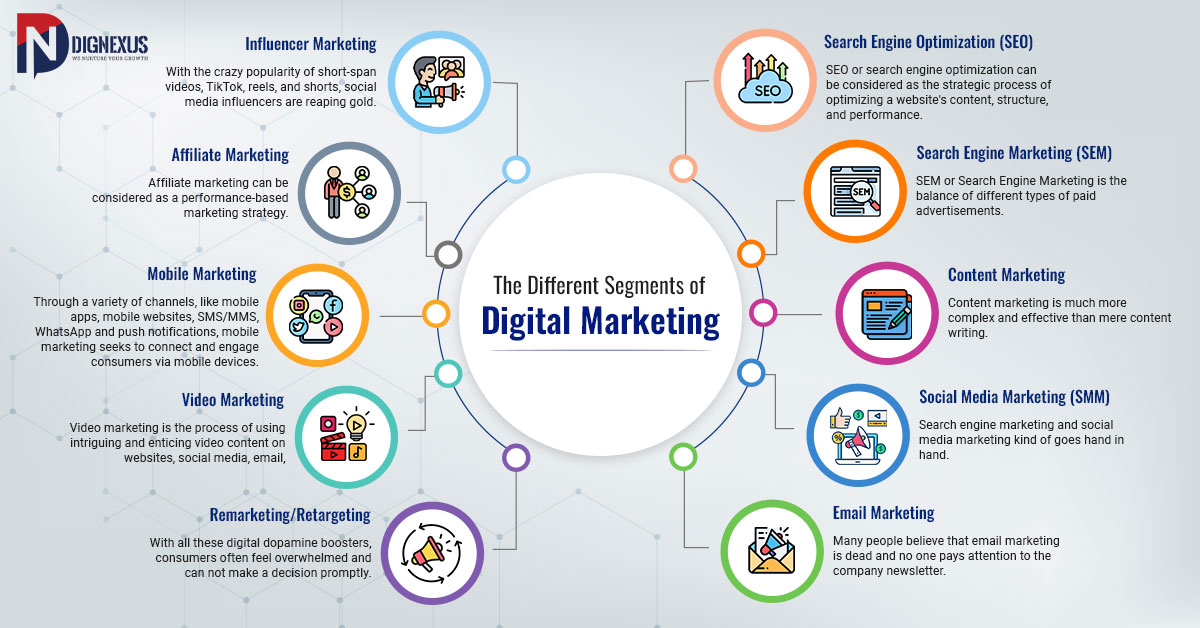
Search Engine Optimization (SEO)
SEO or search engine optimization can be considered as the strategic process of optimizing a website’s content, structure, and performance. These kinds of optimizations decide the visibility of a website on search engines and eventually bring more traffic. Search engine optimization is not a one-time fix and requires consistent professional effort to better the website ranking.
A professional SEO company helps entrepreneurs do proper keyword research, on-page optimization, technical fixing, content planning link building, etc. The search engine algorithm is a delicate and dynamic aspect of any digital marketing plan. And professional SEO services can help maintain the long-lasting, steadily growing balance between technical optimization and user-centric content approach.
Search Engine Marketing (SEM)
SEM or Search Engine Marketing is the balance of different types of paid advertisements or Ad Campaign Service. Digital advertisements like PPC Ad Service or pay-per-click, ad extension and keyword bidding- all these are different aspects of SEM that help to drive traffic to a particular website.
To face the intense competition and constantly changing search engine algorithms, expert help with search engine marketing (SEM) is crucial. An experienced digital marketing agency can help in creating successful ad campaigns, maximizing ad spend, and regularly analyzing and modifying tactics to maximize return on investment.
Content Marketing
Content marketing is much more complex and effective than mere content writing. If you think writing about random topics related to your service or products going to do some miracle, then your efforts will be wasted in vain. To draw in and retain a specific audience, content marketing is centered on the production and distribution of relevant, valuable, and consistent content.
There can be different types of content like- Blog Posts, Press Releases, Slides, Video, Podcasts, Infographics, and Articles etc. A professional SEO team can help in creating a business-goal-centric and tailored content marketing plan. SEO agencies not only take care of writing cohesive, well-researched, SEO-optimized content, and effective content, but also analyze whether the content is effective or not, and adjust the content marketing plan as per the evaluation.
Social Media Marketing (SMM)
Search engine marketing and social media marketing kind of goes hand in hand. The more active you are on social media platforms the more visibility you gain on search engines. Being active on social media platforms is a way of becoming a household name among your audience.
Social media marketing does not mean posting product or service photos on different social media platforms with a bunch of barely effective hashtags. It is daunting to chase the ever-changing social media trends, it is always fleeting. It is also another challenge to grab the attention of netizens. With the right kind of strategy and content planning, every company is striving to make their clients stop scrolling and pay attention to social media posts or reels.
SMM involves crafting compelling content, running targeted ad campaigns, engaging with followers, and analyzing performance optimization results on platforms like Facebook, X, Instagram, Pinterest, Youtube LinkedIn Etc. To effectively navigate the complicated terrain of social media platforms, develop strategies specific to each platform and audience segment. A professional SEM company or digital marketing agency can help in utilizing advanced targeting and analytics tools to reach measurable business objectives.
Email Marketing
Many people believe that email marketing is dead and no one pays attention to the company newsletter. But on the contrary, it is much more effective than many other means. According to the Marketers Email Tracking Study(2020), the average ROI of email marketing campaigns is $42 for every $1 spent. Another study says automated email campaigns drive 320% more revenue than non-automated campaigns.
A professional digital marketing company can help you set up an automated email marketing campaign, design a proper email newsletter, and create persuasive email marketing content with personalized subject lines. They can also help with incorporating proper CTAs at the right places to subtly motivate the readers to take action and eventually enhance the conversion rate from the email marketing
Influencer Marketing
With the crazy popularity of short-span videos, TikTok, reels, and shorts, social media influencers are reaping gold. These influencers usually have specific niches that they focus on and their loyal followers literally buy anything that these online stars promote.
Influencer marketing is a set of strategies that leverages social media influencers’ credibility and reach to promote products and services and sway their followers’ purchase decisions. To reach their engaged audience base, digital marketing agencies locate appropriate influencers, strike deals, and work together on sponsored content or brand endorsements.
Affiliate Marketing
Affiliate marketing can be considered as a performance-based marketing strategy. Businesses usually award the affiliates, or third parties for conversions, sales, and driving traffic using affiliate links, codes, and banners.
Digital marketing companies can help in creating the affiliate network, and the reward structure based on different metrics like clicks, leads, and sales. They can help in tracking the affiliate growth to help you understand whether the present model and commission structure working or not.
Mobile Marketing
Through a variety of channels, like mobile apps, mobile websites, SMS/MMS, WhatsApp and push notifications, mobile marketing seeks to connect and engage consumers via mobile devices. In order to provide mobile users with relevant and customized experiences, it includes strategies like location-based marketing, app-based promotions, and mobile advertising.
Professional marketers create a tailored mobile-centric marketing plan that aligns with the specific business goals.
Video Marketing
Video marketing is the process of using intriguing and enticing video content on websites, social media, email, and video-sharing sites like Vimeo and YouTube to educate, engage, and encourage viewers while also promoting brands.
It can be different types of videos like- Tutorials, unboxing, testimonials, live streams, brand videos, and online vents as well. The video content needs to be aligned with your brand, and business goal and it must resonate with the target audience as well.
A professional team can not only help in creating engaging videos, but they can also help in planning the video posting frequency, and timing and optimizing it in a way that it can reach the target audience.
Remarketing/Retargeting
With all these digital dopamine boosters, consumers often feel overwhelmed and can not make a decision promptly. With short-span attention and a fickle mindset, they keep scrolling product after product. Retargeting or remarketing is the ideal solution to deal with this issue.
Remarketing or retargeting focuses on people who have previously interacted with a website or mobile application but haven’t finished an intended activity. It can be anything from completing a form to making a purchase or signing up for your newsletter.
In order to identify these people and urge them to re-engage and convert, the remarketing strategy uses tracking pixels or cookies to provide targeted adverts or messages across numerous platforms. Veteran digital marketing agencies can help with advanced tracking and targeting strategies, creating engaging remarketing campaigns catered to certain audience segments, and optimizing ad creatives to enhance conversion rates and ROI, professional assistance in remarketing/retargeting is vital.
A Few More Aspects of Digital Marketing
Visual or Digital Advertising:
There is no doubt that visually enticing things create a better effect on the human psyche. By creating attractive banners, video ads on social platforms, and other displays, your brand will create a gradual impact and recognition.
Partnerships:
The digital partnership involves third parties. Through this method, your brand will shake hands with another entity, company, or recognized site. It can be affiliate marketing, co-marketing, co-branding, and many more. This method works great for the travel sector, education niche, the fashion industry, and so on.
Digital Marketing Strategy and SMART Business Goal
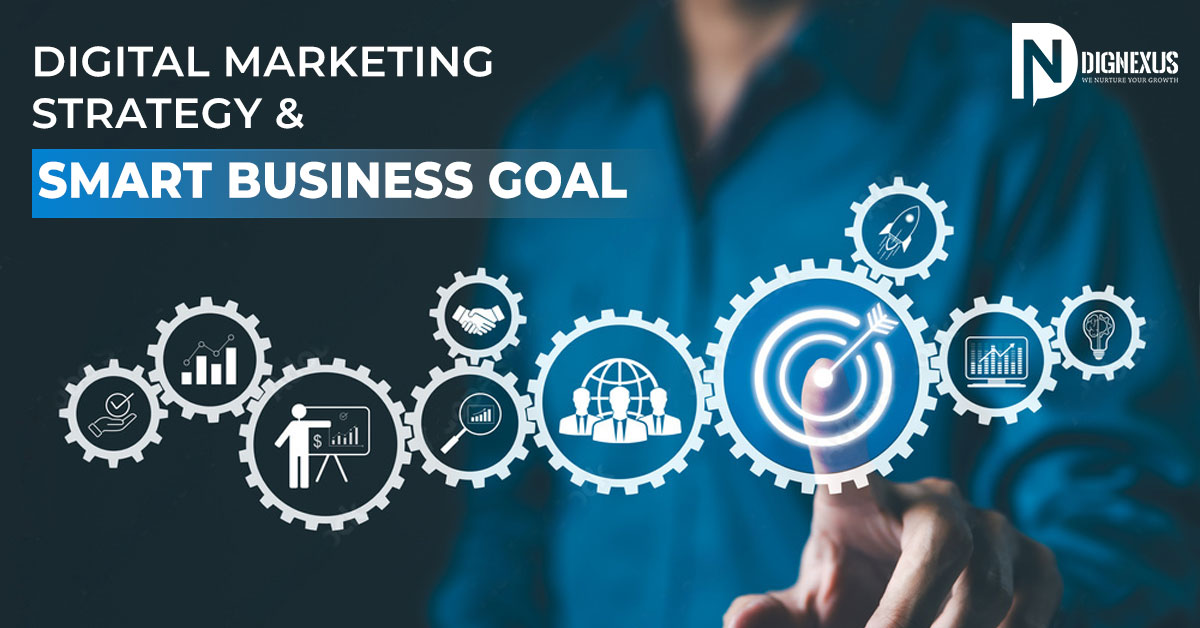
It can be hard to believe but many companies do not have a digital marketing strategy at all. To create an effective digital marketing strategy develop a SMART Business Goal. Now what this SMART stand for?
- S stands for Specific
- M stands for measurable
- Stands for Achievable
- R stands for Relevant
- T stands for Time Bound
Now let us explain a bit. We know how confusing it is to pinpoint a single and specific business goal at a time. Because we want it all.
We want more traffic, more sells, recognition, reputations, branding, etc everything at once. But that is fatal for creating an effective digital marketing strategy. Be specific about a single goal, achieve it first then think about the other ones. If you gain more traffic, you will eventually reach the other goals.
You should have the ability to measure your progress and for that set a measurable target to understand whether your digital marketing strategy is working or not. For example, set a target like, through this digital marketing strategy I want to reach 2 Million People within the Next 6 Months.
Now once you mention duration it becomes a time bound. But is it relevant and achievable for your business? That’s what you need to evaluate as well.
Having a SMART business goal is most similar to defining KPIs or Key Performance Indicators. However the SMART goal is the reason you need a digital marketing strategy, and KPI indicates the performance of digital marketing effort. We will explain it later.
Creating The Digital Marketing Strategy
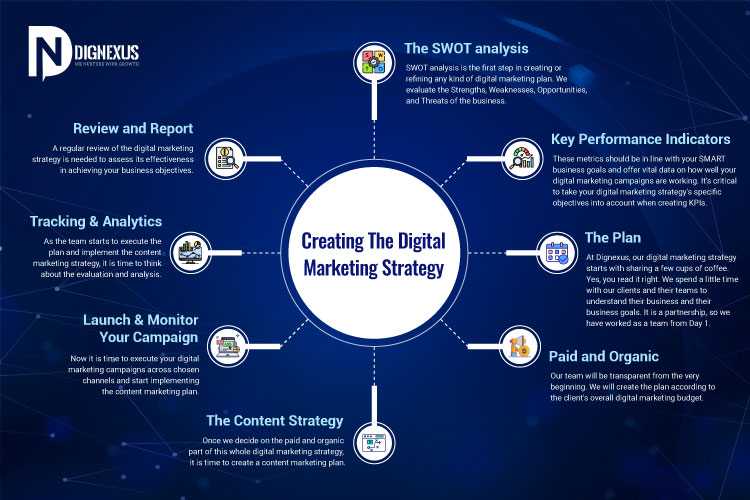
The SWOT analysis
SWOT analysis is the first step in creating or refining any kind of digital marketing plan. We evaluate the Strengths, Weaknesses, Opportunities, and Threats of the business. We analyze who the competitors are. What is making the client’s marketing ineffective? What threat does the market pose? Once we get the answer we move on to the next step: The KPIs.
Key Performance Indicators
These metrics should be in line with your SMART business goals and offer vital data on how well your digital marketing campaigns are working. It’s critical to take your digital marketing strategy’s specific objectives into account when creating KPIs.
Even if you do not have a digital marketing strategy for now, defining a KPI beforehand will help you analyze the growth. Let us give you an example, the number of unique visitors, page views, or average session duration could be pertinent KPIs if your goal is to boost website traffic. If your goal is to generate leads, then the KPIs could include lead form submissions, conversion rates on landing pages, or email sign-ups.
The Plan
At Dignexus, our digital marketing strategy starts with sharing a few cups of coffee. Yes, you read it right. We spend a little time with our clients and their teams to understand their business and their business goals. It is a partnership, so we have worked as a team from Day 1.
This plan will include all the major and minute details of the digital marketing strategy your business needs. Starting from choosing the right social media platforms to the frequency of blogs, this will include everything so that both the artists can have a clear understanding of deliverables and desired results.
Paid and Organic
Our team will be transparent from the very beginning. We will create the plan according to the client’s overall digital marketing budget. We will help the client to understand the outcome of both paid and organic digital marketing efforts, and how both of them are necessary, but the final call will be the client’s.
This part of the plan will include how much the client wants to invest in PPC ads, paid posting, influencer marketing, and all. We will also determine how much the client is willing to invest in each digital marketing channel. We will try to get the answer to the following questions before creating the next step
- How many social media posts we will be boosting every week?
- Will this plan include PPC?
- Should we invest in ads?
- If yes then what will be the purpose, more sign-ups, more traffic, or better sales?
- What is the expected ROI?
The Content Strategy
Once we decide on the paid and organic part of this whole digital marketing strategy, it is time to create a content marketing plan. Content strategy can be considered the backbone of the entire digital marketing plan. The content strategy should resonate with the brand image, and target audience and align with your digital marketing goals. This may include producing social media posts, and blog posts, frequency of posting the blog, planning videos, creating video scripts, whitepapers, infographics, case studies, and other types of content.
Launch and Monitor Your Campaign
Now it is time to execute your digital marketing campaigns across chosen channels and start implementing the content marketing plan. The digital marketing team needs to monitor their performance closely. We need to keep an eye on key metrics and adjust your plan and strategy as needed to maximize results.
Tracking and Analytics
As the team starts to execute the plan and implement the content marketing strategy, it is time to think about the evaluation and analysis. Set up tracking and analytics tools to monitor the performance of your digital marketing campaigns in real-time. This insight will help us understand whether the present strategy is working or not, if not then what can be changed. It will also help the client to understand the business growth and whether the marketing plan is working in favor of the business goal or not. We can use these insights to optimize the strategies and make data-driven decisions.
Review and Report
A regular review of the digital marketing strategy is needed to assess its effectiveness in achieving your business objectives. No matter who your partner digital marketing company is, they need to generate reports to share insights and results with stakeholders and use this feedback to refine the strategy approach moving forward.
If you have any queries regarding digital marketing services or digital marketing strategy, feel free to reach out to team Dignexus, we are always happy to help you.
